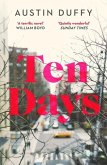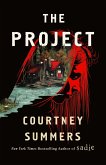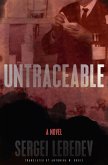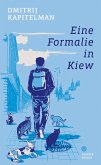Insgesamt 1245 Bewertungen
Zur ersten SeiteZur vorherigen Seite...Weitere Seiten 29 Zur Seite 29 30 Zur Seite 30 31 Aktuelle Seite 32 Zur Seite 32...Weitere Seiten99+Zur letzten Seite, Seite 100Zur nächsten SeiteZur letzten Seite
Zur ersten SeiteZur vorherigen Seite...Weitere Seiten 29 Zur Seite 29 30 Zur Seite 30 31 Aktuelle Seite 32 Zur Seite 32...Weitere Seiten99+Zur letzten Seite, Seite 100Zur nächsten SeiteZur letzten Seite











Benutzer